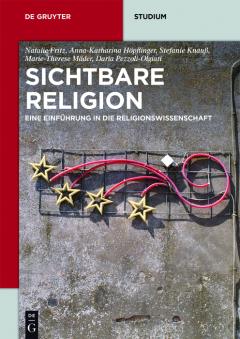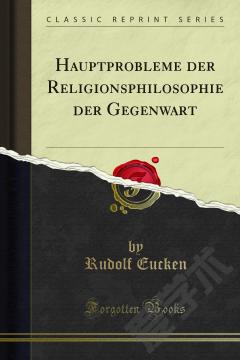The Riddle of the Bacchae —— The Last Stage of Euripides Religious Views
-----
The theory of the Bacchae which is advanced in the following pages first occurred to me in 1901, when writing an essay on the well-worn subject Iniuriane Euripides deorum' contemptor habeatur, which was proposed for discussion to candidates for the Members' Latin Essay Prize at Cambridge in that year. I was then struck by what still appears to me the great crux of the play, - the fact that Euripides tells, the story of the palace-miracle in such a manner that it becomes incredible. The explanation of the whole drama which I offer may possibly strike the reader as more incredible still, but it is the only method I can imagine of accounting for the way in which the miracle is presented, and for those other features in the play which are left unexplained, I think, by any other theory. If an easier solution of these difficulties can be suggested I shall be quite ready to discard my own. Meanwhile I must confess I am surprised that the numerous and accomplished scholars who have edited or discussed the Bacchae have almost unanimously remained silent on a matter of such importance. Dr. Wecklein, so far as I know, is the only commentator who has given any indication that there is a difficulty at all. Under these circumstances, I feel much diffidence in stating a theory which I fear implies that the large number of learned and able scholars who have given attention to the play have failed to notice what is prima facie a piece of incompetence impossible to anyone who claims to be taken seriously as a dramatist, or at any rate have allowed its significance completely to escape them.
{{comment.content}}








 京公网安备 11010802027623号
京公网安备 11010802027623号